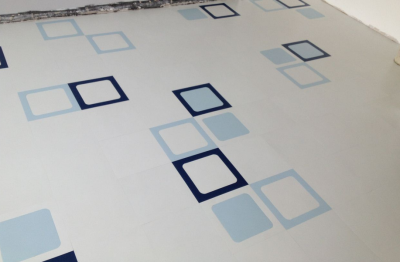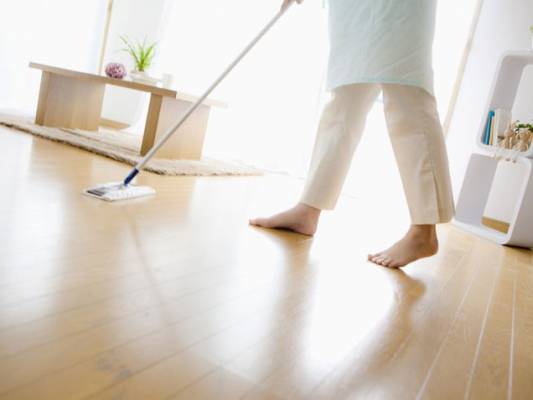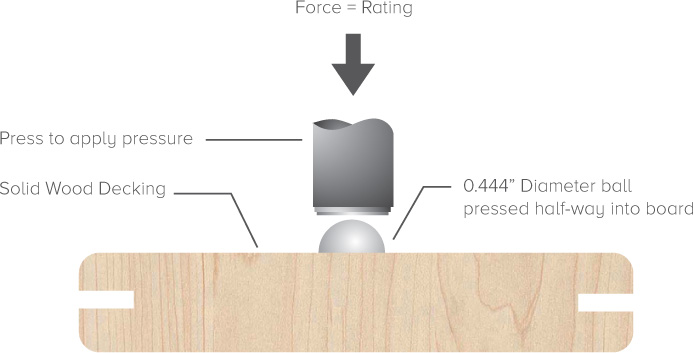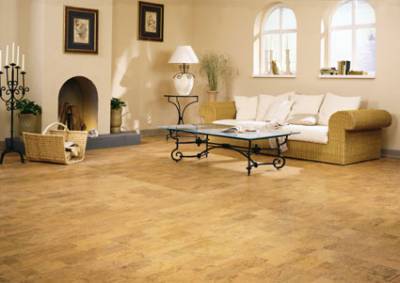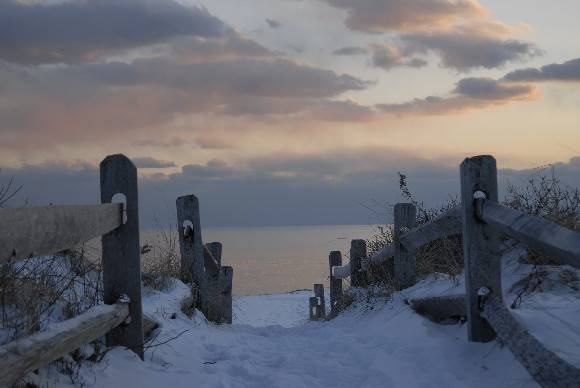If you don’t know what floor will fit your house better, here is very brief, but useful, overview of the most commonly used flooring materials.
There are several different options:
A) Hardwood – A durable material which can be buffed or sanded to renew its look. After being sanded, hardwood can be stained to add color to it. Hardwood darkens with time (5-10 years) though the darkening is gradual and mostly unnoticed. Hardwood floors are considered a long lasting investment since it increases the value of the house by an average of 6%. While hardwood is a long lasting product, it’s pretty easy to scratch; although with proper care it can stay unscathed for a long period of time. Additionally, the material moves during the warm and cold seasons (mainly because of a humidity), which might create some gaps between boards, or alternately, cupping or buckling. If the floors are maintained properly, however, neither gaps nor buckling or cupping appear. Read More Quick Overview Of Hardwood/Laminate/Tile/Vinyl/Carpet Flooring Materials


